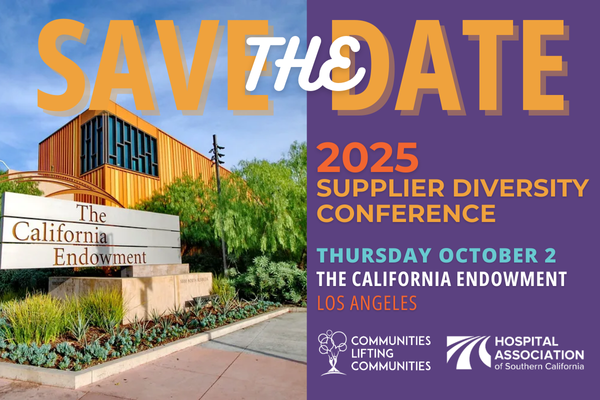Beyond Interpreting: Striving for Health Equity Through Language Accessibility
Expanding language accessibility is a vital opportunity for hospitals and health systems to advance health equity and improve patient care. Join Communities LIfting Communities (CLC) and the Hospital Association of Southern California (HASC), as this session explores innovative strategies beyond interpretation services, including technology, community partnerships, and health literacy initiatives. Attendees will gain actionable insights to enhance language access, strengthen community trust, and improve patient outcomes.
- Recognize language accessibility as a key driver of health equity and patient-centered care.
- Assess current language access strategies and identify opportunities for improvement.
- Explore innovative tools and best practices beyond interpretation to enhance patient experiences.
- Develop strategies to integrate language accessibility into health system operations.
- Measure the impact of improved language access on patient outcomes and satisfaction.
Be part of the discussion and share your emerging strategies!
Roundtables are complimentary and open to all HASC hospitals and health system members.
Interested in Presenting or Learning More?
To learn more about this event or to sign up as a presenter for future roundtables, contact Karen Ochoa at kochoa@hasc.org.



